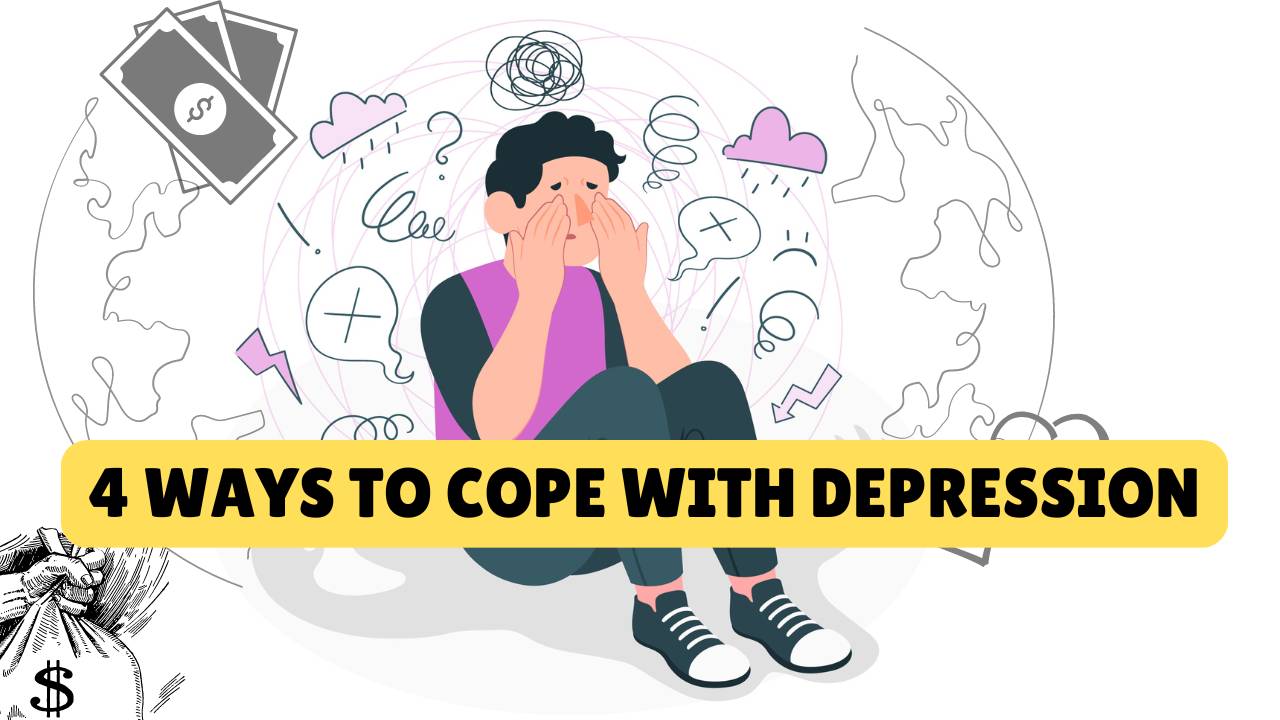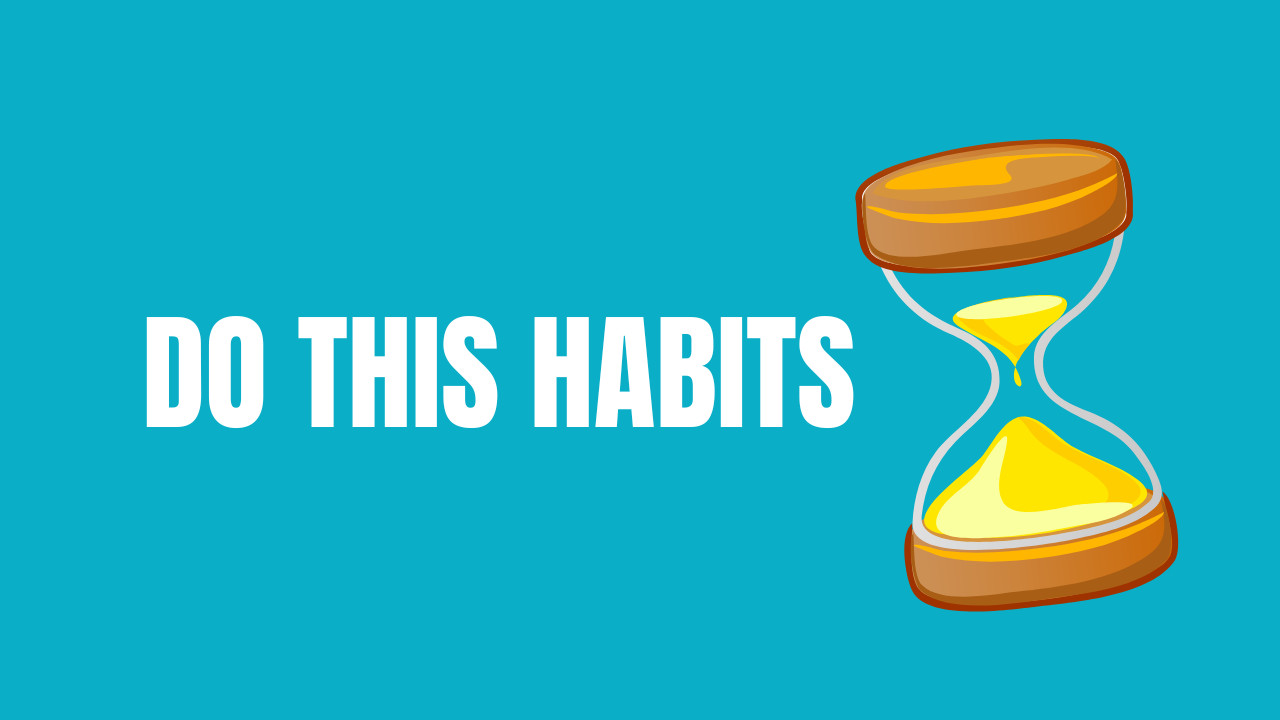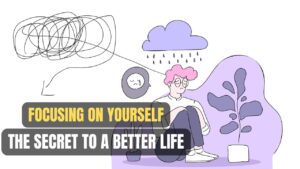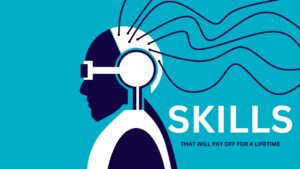Transform Your Life with This Japanese Concept
Unlock the secrets of a Japanese philosophy that could shift your perspective and bring new meaning to your life’s journey

We are all driven by purpose. We perceive the world through reasons and justifications, most fundamentally questioning ourselves: Why are we here? What should we do with our lives? Why choose one path over another? A clear purpose gives us the motivation to embrace each day, to feel that life is worth living. This drive for purpose, like many aspects of our nature, likely stems from evolutionary processes.
Psychologist Eric Klinger suggests that the search for meaning and purpose is deeply rooted in biology, as goal striving is a fundamental biological imperative. Our ancestors needed to achieve essential goals to survive, and their sense of purpose within a community was crucial for motivation. Over time, as our cognitive abilities evolved, so did our need for a higher, more conceptual form of purpose.
As humanity’s cognitive capacities have evolved, so too have our social environments. Today, we face a seemingly infinite number of possibilities for our roles and impacts in the world. The choices we make, and the roles we assume, vary in social significance, enjoyment, and financial reward. Navigating this complexity can be overwhelming, especially as time relentlessly ticks away. From a young age, we are pressured to figure out our path in life, often before we fully understand what that even means.
While the pressure to have everything figured out is well-intended, it can be overwhelming. A sense of purpose, even if it’s fleeting or sometimes illusory, can profoundly impact the quality of our lives. But with so many options, how do we choose what to pursue? How do we feel good about our choices?
The Japanese concept of ikigai offers valuable insights into this challenge. Ikigai, which loosely translates to “reason for being,” dates back to Japan’s Heian period (794 to 1185) and was primarily associated with Okinawa. The concept was formally introduced by Japanese psychiatrist Kamiya Mieko in the 1960s. Broadly, ikigai involves the dynamic interplay between meaningful pursuits and the experience of meaning within a social context. Psychologist Inoue Katsuya describes ikigai as the “sources or objects that bring value or meaning to life” and the “feeling that one’s life has value or meaning because of the existence of its source or object.”
Many researchers attribute ikigai to the long life expectancies of Okinawans, who have some of the highest numbers of centenarians per capita. The concept emphasizes living with authenticity, appreciating simple pleasures, maintaining a healthy lifestyle, and focusing on the present moment.
Over time, ikigai has evolved, particularly in the modern Western world, into a more tangible and prescriptive concept centered on work and career. While it’s essential to acknowledge this deviation, the modernized version of ikigai is more applicable to today’s individuals.
According to this popular interpretation, achieving ikigai involves finding the intersection of four key life domains:
- What You Are Good At: This domain requires honest self-awareness and experimentation. We all have natural abilities, shaped by our genetics and environment. Identifying and applying these abilities is crucial to finding your ikigai.
- What You Love: While we often enjoy what we’re good at, this isn’t always the case. For ikigai, it’s essential to find the overlap between what you love and what you excel at. Self-awareness and honesty are vital in this pursuit.
- What the World Needs: To fulfill ikigai, your pursuits must provide value to the world. In our complex modern world, determining this can be challenging, but it’s crucial to consider how your work benefits others.
- What You Can Be Paid For: The value of your work is often reflected in how much you are paid. While compensation doesn’t always align with the value provided, ikigai suggests you should be paid enough to live well, rather than to become rich.
Ultimately, finding your ikigai means locating the intersection of these four domains. Authors Hector Garcia and Francesc Miralles write, “Once you find it, it’s only a matter of having the courage and making the effort to stay on the right path.” However, this is often easier said than done. As we move forward, our options narrow, and we face the challenge of choosing a single path—a process that can be both empowering and terrifying.
The process of finding purpose is fraught with fear, anxiety, and uncertainty. We might worry about choosing the wrong path or question whether we are good enough. The modern world’s paradox of choice and imposter syndrome are real challenges. In the end, we will never find a perfect, doubt-free purpose. Every pursuit will include difficulties, and every life will carry the weight of hardship and uncertainty. Yet, we must choose.
As author Oliver Burkeman writes, “Living life to the fullest requires settling . . . you can’t become an ultrasuccessful lawyer or artist or politician without first ‘settling’ on law, or art, or politics.” In the end, ikigai is an ideal compass in a world with no true north. Our purpose depends on what we value in the world and ourselves—a deeply subjective and complex matter. Our purpose is to find and define our purpose, and perhaps that alone, no matter what we do or accomplish, is enough.
If you want more Luxury Lifestyle blogs then you can check our website. (Click)
If you want more content like this then click here (Click)













Post Comment